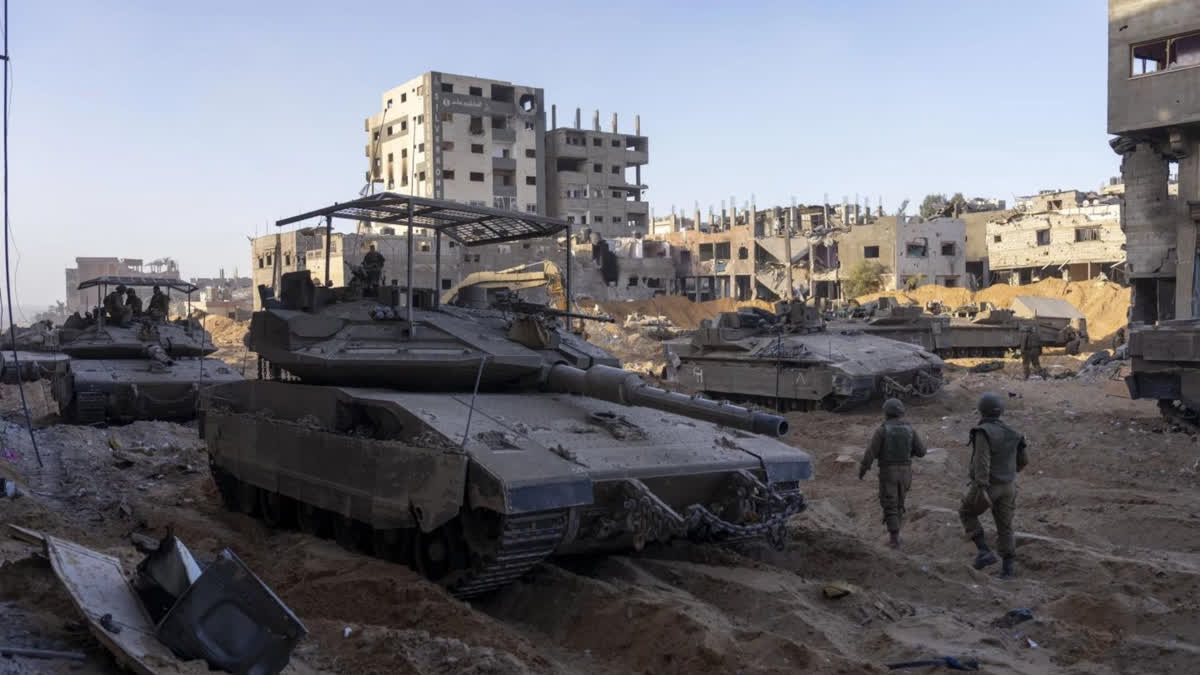Queensland : According to the Committee to Protect Journalists, the Gaza-Israel war has been the deadliest conflict for media workers since the organisation began counting statistics in 1992.
At the time of writing, the committee said at least 39 journalists and media workers had been killed in the month since the war began. Reporters Without Borders put the number slightly higher at 41. But the rate of fatalities is so high more than one per day it is likely there will be more dead by the time you read this.
The victims are mostly Palestinian journalists and media workers killed in Israel's attacks on Gaza, but they include four Israelis, whom Hamas murdered in its initial cross-border raid on October 7, and one Beirut-based videographer killed in south Lebanon. He died in shelling that also injured six other journalists. Witnesses said the shelling came from the direction of Israel and hit a group of journalists in clearly marked vehicles and body armour.
It is worth pausing for a moment to remember these are not merely numbers. Each of the victims has a name, relatives, loved ones and a story. The committee has a grim list of all those who have been killed, injured or are missing. The dead include Palestinian freelance journalists working for international news services, and others who work for local news outlets crucial for local understanding of what's happening. Many have died in air strikes on their homes, some alongside their children and families.
The Israeli Defence Forces insist they do not target journalists, but Reporters Without Borders says at least ten have been killed while clearly covering the news. Of course, the life of a journalist is worth no more than any other civilian, and in such a horrifically violent crisis, which has already killed more than 10,000 people, it is hardly surprising some of them will be journalists.
But there is mounting evidence journalists have been targeted, harassed, beaten and threatened. A Committee to Protect Journalists list blames Israeli authorities for the vast majority of incidents. On October 12, Israeli police assaulted a group of BBC journalists in Tel Aviv and held them at gunpoint. The BBC said reporters Muhannad Tutunji, Haitham Abudiab and their BBC Arabic team were driving a vehicle clearly marked TV in red tape, and both Tutunji and Abudaib presented their press cards.
On October 16, Israeli journalist and columnist Israel Frey went into hiding after a mob of far-right Israelis attacked his home the previous day. The mob was apparently angry at a column he wrote expressing sympathy for Palestinians in Gaza. On November 5, Israeli police arrested 30-year-old freelance Palestinian journalist Somaya Jawabra in Nablus in the northern West Bank. She was summoned, along with her husband, journalist Tariq Al-Sarkaji, for an investigation. Her husband was later released but Jawabra, who is seven months pregnant, remains in detention.
The International Federation of Journalists has called on the Israeli government to rigorously observe international law that requires combatants to take all reasonable steps to treat journalists as civilians and safeguard their lives. The Israeli military has told at least two international news agencies it cannot guarantee the safety of their staff covering the Gaza crisis.
